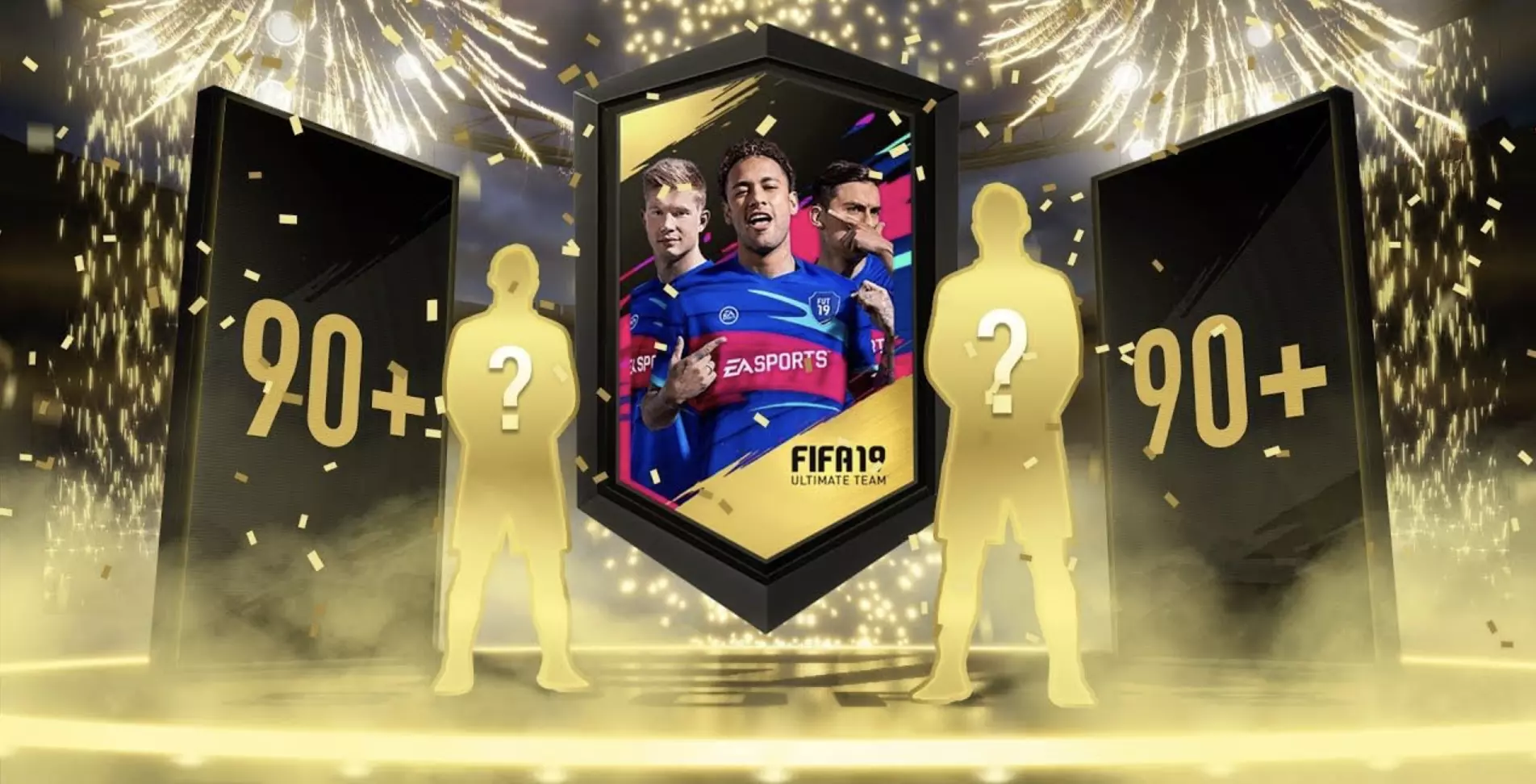As early as late summer 2022, the Austrian media reported on a then 17-year-old trainee from Carinthia who initiated a lawsuit against the Playstation group Sony. In the randomly generated selection of players from the FIFA loot boxes, which takes place after the transfer of money, the plaintiff’s lawyer sees a violation of the Austrian Gaming Act. Various other lawsuits followed. The verdict was pronounced at the end of February 2023.
The young Carinthian, who got the whole thing rolling, invested 400 euros in the loot boxes for the FIFA soccer game and apparently didn’t get the soccer stars he had hoped for. His Viennese lawyer defines the system as gambling. He also sees it as usury, since the customer only has a limited freedom of choice and this would be exploited by the provider.
Initially, the trial only took place in Carinthia. However, it quickly became apparent that the negotiations would make waves beyond the borders of the 7,000-strong community. More and more plaintiffs came along. In fact, far-reaching consequences for game manufacturers and distributors who rely on loot boxes or comparable business models are currently foreseeable:
On February 26, the competent court officially classified the controversial FIFA feature as “illegal gambling”. A refund was ordered. However, the judgment is not yet final.
FIFA Lootboxes are digital map packs containing virtual soccer players. With these kickers, customers can upgrade the line-up of their own team enormously. Those who can put Benzema in midfield or Neuer in the box through the loot boxes usually have game-changing advantages in the matches. The feature is correspondingly popular with fans of the game.

However, the exact content of the packs will not be disclosed before purchase. Thus, in fact, chance decides which players will strengthen the buyer’s team. Loot boxes are not only available on the Sony Playstation, but also on the Microsoft Xbox, Nintendo Switch and PC platforms, among others.
The verdict has been pronounced but is not yet final. So Sony can and probably will appeal.
In connection with the loot boxes, the court clearly sees events that are relevant to the current gaming law situation in Austria. The content of the purchased packs is dependent on chance. It represents an “asset value within the meaning of the Austrian Gaming Act”.
It is important that the digital footballers can be traded on a secondary market, which makes it possible to make a profit. Sony does not have a gaming concession, which means that the contracts concluded between the company and the plaintiffs are void.
During the course of the trial, it was discussed again and again why Sony would be charged. After all, the game is provided by the developer Electronic Arts. The explanation is relatively simple: This is how the legally relevant sales contracts come about in the Playstation store and not between the manufacturer of the game and the customer.
FIFA developer Electronic Arts has had to defend itself against criticism of its loot boxes for years. Again and again it was discussed whether the function is Pay2Win or gambling mechanics. In Belgium, the card packs were banned some time ago. The complaint of the Carinthian is still a novelty.
Although youth protection groups, specialist magazines and other relevant bodies regularly denounced the possible dangers of loot boxes, the manufacturer has always pulled its head out of the noose with more or less clever arguments. It’s more about “dexterity, ability and experience” or loot boxes would be “harmless like surprise eggs,” according to Electronic Arts.
As was to be expected, the case of the 17-year-old from Carinthia led to various other lawsuits. In December 2022, five people made claims against Sony and Electronic Arts. According to the Austrian media, a 26-year-old has invested around 11,000 euros in loot boxes in several FIFA games and wants his money back.
By the end of February 2023, a four-digit number of FIFA players should have contacted legal authorities. There is talk of average claims around 800 euros. In an individual case it is even about 85,000 euros.
Austrian legal experts speak of this judgment as “a bang against the entire video game industry” or call it “pointing the way for dealing with loot boxes”. In fact, the approach of these player packs could change significantly once they become law.
Before that happens, however, Sony should come up with some strong arguments for its point of view. Because the cases that have arisen in Austria would certainly not remain the only ones. The group would probably face a wave of lawsuits. Last but not least, the enormous profit potential of the loot boxes would probably no longer exist in the future. Sony and Electronic Arts would certainly like to avoid all of this as much as possible.
Personally, our opinion is that it is better to play in the Best online casinos than to engage in such nonsense as loot boxes from FIFA.
Furthermore, Bloomberry is investing in its forthcoming integrated resort, Solaire North. This development is being…
The Schnick Schnack Schnuck game rules are very easy to explain. Two people stand opposite…
More than 180,000 US citizens have already had to leave their homes in the major…
The announcement by the Austrian gaming giant Novomatic that it is selling its local sports…
There is currently a lot of movement in the gambling market in the Netherlands -…
After years of stagnation, Brazil finally launched its own legal sports betting market on January…